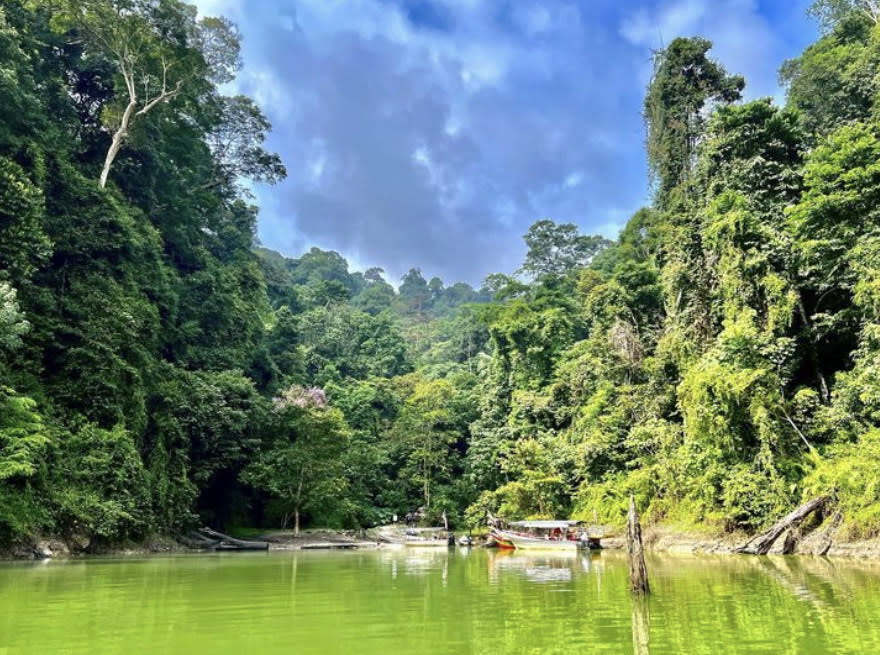Preserving Malaysian biodiversity critical in maintaining ecological balance

Forests, covering nearly one-third of the Earth’s surface, play a crucial role in ecological balance, including regulating the hydrological cycle, preserving soil, combating climate change, and safeguarding biodiversity.
They provide essential resources like clean water, food, and fresh air, supporting the livelihoods of billions of people globally. Moreover, trees and natural environments enhance leisure and mental wellbeing.
Deforestation, the irreversible loss of forests, is a pressing global environmental issue, particularly affecting developing nations. Malaysia, for instance, has experienced significant deforestation, with a 17 per cent decline in rainforest cover from 2001 to 2021. The Sarawak region of Borneo faced substantial losses during this period.
Malaysia lost 2.85 million hectares of tropical primary forest between 2002 and 2022, emitting 83.9 million tonnes of carbon dioxide in 2022 alone. Business interests, often tainted by corruption, drive deforestation, especially in Southeast Asia, disrupting ecosystems and exacerbating climate change.
Efforts to curb deforestation must address the root causes, including unsustainable logging, agricultural expansion, and corruption. Sustainable land management practices, coupled with international cooperation and robust enforcement of regulations, are imperative to mitigate this environmental crisis and preserve the invaluable benefits forests provide for future generations.
Deforestation poses a grave threat to wildlife and indigenous communities who depend on forests for their livelihoods. Malaysia alone lost nearly three million hectares of primary forest between 2002 and 2020, representing a significant portion of its forest cover reduction. Despite commendable replanting efforts, Malaysia lags in forest protection compared to other nations.
Habitat loss from deforestation endangers 70 per cent of terrestrial species, including many yet to be discovered. Indigenous groups, heavily reliant on forests for cultural and sustenance needs, face urgent concerns due to deforestation.
Combating deforestation requires collective action, with governments playing a crucial role in implementing effective policies. Large-scale tree planting initiatives and commitments to replant trees for those harvested are essential. Urban reforestation offers a creative solution, engaging communities in conservation efforts. Additionally, establishing protected areas and enforcing strict regulations against illegal logging are imperative steps to safeguarding forests and biodiversity.
The economic impacts of deforestation, including reduced carbon sequestration and biodiversity loss, are significant. Addressing deforestation is paramount to mitigating climate change, species extinction, and habitat loss. United Nations’ Sustainable Development Goals, such as Goal 15, emphasise the importance of forest management and biodiversity conservation.
Prioritising these initiatives ensures the preservation of land-based ecosystems for future generations.
Dr Rulia Akhtar is a Research Fellow at the Ungku Aziz Centre for Development Studies (UAC), Universiti Malaya.
The post Preserving Malaysian biodiversity critical in maintaining ecological balance appeared first on Twentytwo13.


